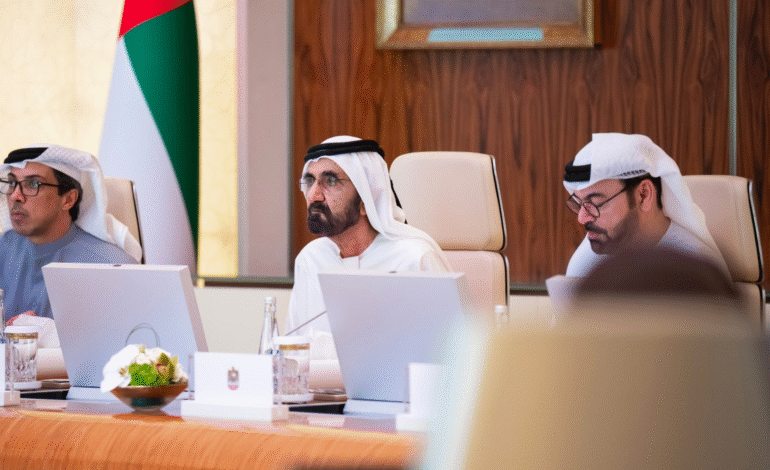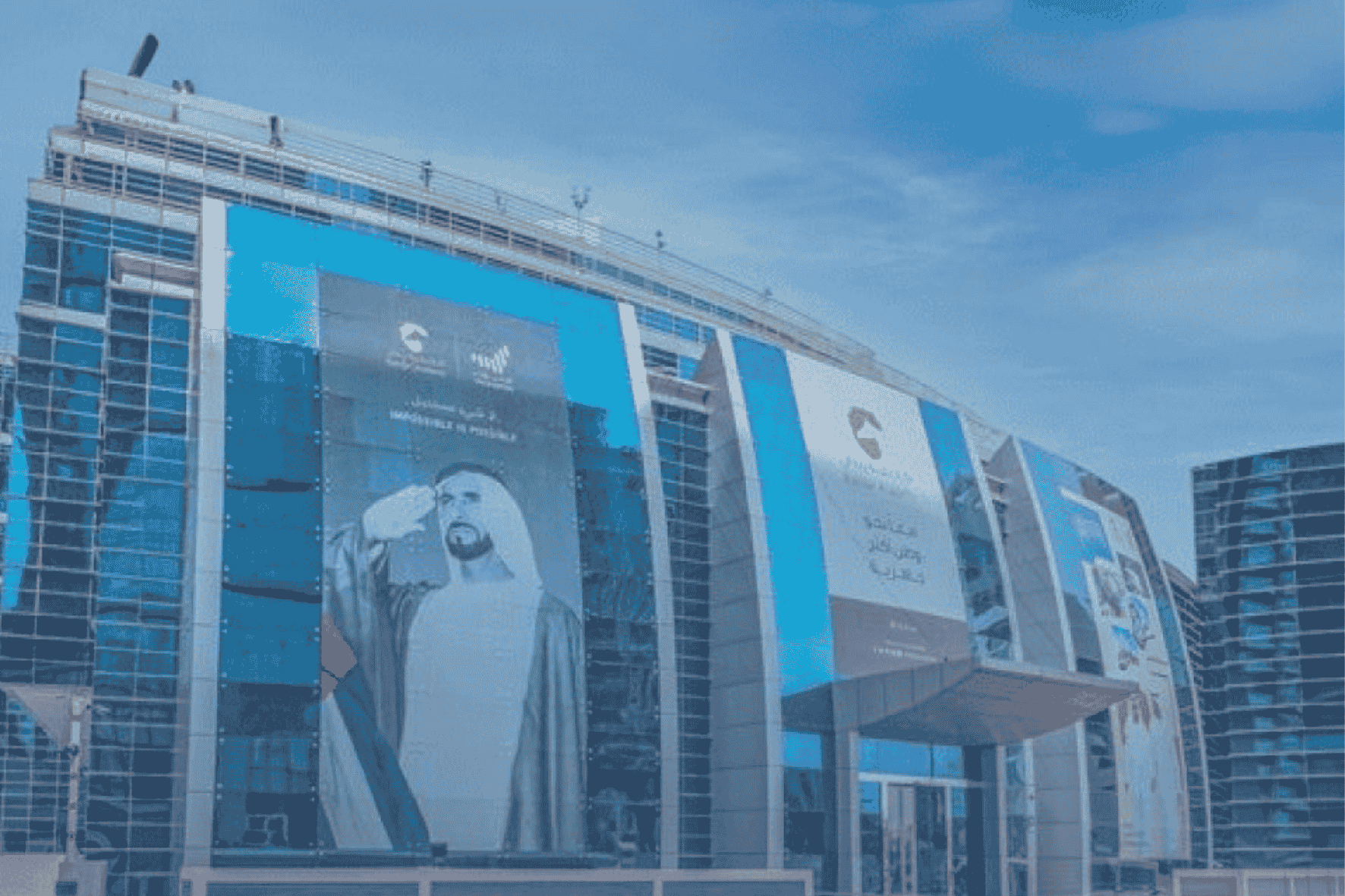UAE Updates Rules to Recognize Foreign University Degrees

In a landmark decision aimed at improving the educational landscape and enhancing the country’s global competitiveness, the UAE has rolled out a series of new regulations to recognize and authenticate qualifications from foreign higher education institutions. This significant development, announced by the Ministry of Education, will streamline the process through which foreign degrees are assessed and validated, enabling smoother integration of international students and professionals into the UAE workforce and academic institutions.
The UAE’s growing ambition to establish itself as an international hub for education and innovation is further underscored by these new rules, which align with the country’s broader goals of becoming a knowledge-driven economy. These changes are designed to simplify the verification process, bolster international cooperation, and support the country’s continued development as a destination for skilled talent from around the world.
The Rising Need for Recognition of Foreign Qualifications
As the UAE rapidly expands its educational and economic sectors, the need for a standardized system to recognize and validate qualifications from foreign institutions has become more urgent. The influx of international students, academics, and professionals to the UAE has surged in recent years, driven by the country’s modern infrastructure, excellent academic institutions, and promising career opportunities.
However, the increasing number of foreign qualifications presented for employment or further study had led to challenges in verification and recognition. Previously, individuals with foreign degrees faced delays and uncertainty as they navigated a sometimes complex and inconsistent process for having their qualifications recognized by local authorities. These hurdles not only delayed career progression but also sometimes caused doubt over the legitimacy of international academic credentials.
To address these concerns, the UAE government has introduced new regulations that seek to streamline and clarify the recognition process. By establishing a transparent and consistent framework, the UAE aims to ensure that foreign qualifications are properly authenticated and aligned with local standards. This move will benefit both students and employers by reducing administrative delays and enhancing the quality of the workforce.
Key Features of the New Recognition Regulations
The newly introduced regulations provide a clear and systematic approach to recognizing foreign qualifications. The Ministry of Education will oversee this process, ensuring that all foreign degrees, diplomas, and certificates are assessed against defined criteria. This process will guarantee that the qualifications meet the highest standards of quality and relevance to the UAE’s educational and professional frameworks.
Under the new rules, institutions will need to submit detailed information about their accreditation status to facilitate faster and more accurate assessments. The regulations aim to ensure that foreign qualifications from a range of countries and educational systems are evaluated in a fair and consistent manner. As part of this new system, a specialized body will be responsible for reviewing qualifications and issuing official recognition within a defined timeframe.
Furthermore, these regulations will help clarify the equivalency of foreign degrees, making it easier for employers to assess the qualifications of candidates from abroad. This is particularly important in a diverse labor market like the UAE, where professionals from various countries bring a wide range of academic backgrounds.
The UAE’s new recognition system is designed to make the process more transparent and efficient, helping foreign-trained professionals gain quicker access to opportunities in the UAE. With a more standardized approach to degree verification, the entire process becomes faster and more reliable for applicants and institutions alike.
Enhancing International Student Mobility and Employment Opportunities
One of the most significant aspects of these new regulations is their potential to boost international student mobility. Students from around the world who wish to pursue their education or careers in the UAE will benefit from a more streamlined and transparent process for validating their foreign degrees. This is particularly advantageous for those seeking higher education opportunities or professional advancement in a country that continues to develop its global position in education, research, and business.
In the past, students with foreign qualifications often faced uncertainty and long wait times when trying to have their degrees recognized by UAE authorities. With the introduction of these new regulations, students can expect faster recognition and authentication of their qualifications, reducing the chances of missed opportunities. This will not only encourage more students to study in the UAE but also attract professionals who are looking for a destination that acknowledges the value of their global qualifications.
Additionally, these changes will significantly improve the UAE’s labor market. Skilled workers, particularly from countries with established educational systems, will have their qualifications recognized more efficiently, making it easier for them to integrate into the UAE’s job market. By facilitating the movement of talent, the new rules are expected to help drive growth in critical sectors such as healthcare, technology, finance, and education.
Strengthening Global Partnerships in Education
The new recognition rules also strengthen the UAE’s relationships with international educational institutions. By providing a clear and consistent framework for recognizing foreign degrees, the UAE is reinforcing its commitment to global educational standards. This move will likely lead to stronger partnerships between local universities and foreign institutions, paving the way for academic exchanges, research collaborations, and joint degree programs.
These regulations will also enhance the UAE’s reputation as a top destination for international education. As the UAE works to further integrate itself into the global academic community, these new rules will help ensure that the country’s institutions remain globally competitive. By aligning the recognition of foreign degrees with international standards, the UAE is signaling to the world that it values academic excellence, regardless of geographical boundaries.
The impact of these regulations is expected to extend beyond students and academics. By making it easier for foreign qualifications to be recognized, the UAE is fostering a more inclusive environment for international researchers, educators, and industry professionals. This will promote greater knowledge exchange and innovation, essential components of a thriving, forward-thinking economy.
Long-Term Benefits for the UAE’s Knowledge-Based Economy
The introduction of these regulations is part of the UAE’s long-term strategy to develop a knowledge-based economy. As the country continues to diversify its economy and move away from oil dependence, building a robust educational ecosystem that attracts top-tier talent from around the world becomes increasingly important.
These new rules will help ensure that the UAE can tap into a global pool of skilled professionals who have the qualifications needed to contribute to the country’s growing knowledge economy. With greater access to international talent, the UAE is better positioned to foster innovation, increase productivity, and maintain its competitive edge in industries ranging from technology and science to education and healthcare.
In addition to benefiting the labor market, the recognition of foreign qualifications will support the UAE’s broader goals of enhancing its global standing in education, business, and technology. By welcoming professionals and students from around the world, the UAE aims to build an ecosystem that thrives on diversity, creativity, and collaboration.







